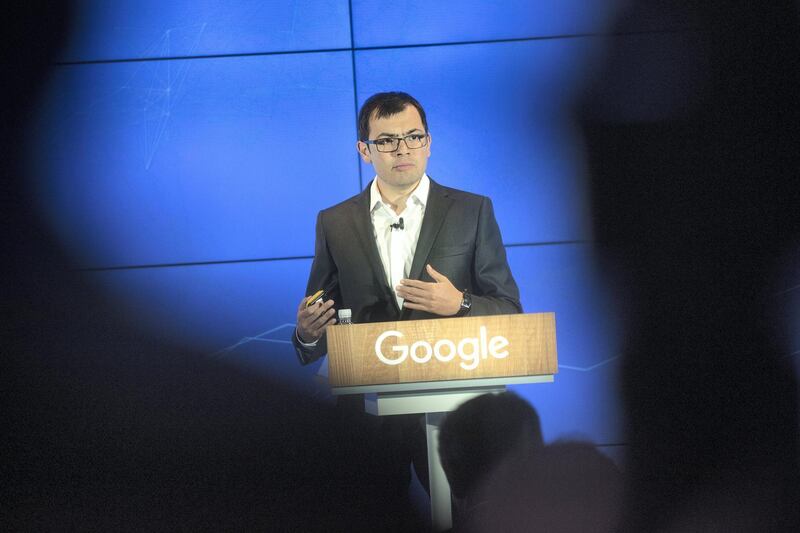Scientists could pinpoint how diseases such as cancer invade cells after AI researchers at Google cracked a 50-year-old biological challenge.
Researchers have long tried to predict the shape of proteins in the body in a challenge known as the “protein folding problem”.
Proteins start off in a long chain but then fold on themselves to form a three-dimensional shape to perform their biological function.
But sometimes this process fails, which scientists say can cause diseases.
DeepMind, the London-based subsidiary of Google, has now reached the threshold for solving the problem.
Using algorithms, they were able to predict the structure of proteins.
Understanding how a protein will form has implications for discovering how new diseases, such as cancer, invade our cells, potentially leading to better drug development to fight the disease.
It can also help in designing enzymes to break down pollutants and improve crop yields.
“These algorithms are now becoming strong enough and powerful enough to be applicable to scientific problems,” DeepMind chief executive Demis Hassabis said.
“We have a system that’s accurate enough to actually have biological significance and relevance for biological researchers.”
DeepMind is now looking into ways of offering scientists access to its AlphaFold system in a “scalable way”.
The group completed the challenge at the latest Critical Assessment of Structure Prediction (Casp) competition.
The event started in 1994 and is held every two years to accelerate research on the topic.
Casp scientists analysed the shape of amino acid sequences for a set of about 100 proteins.
Competitors were given the sequences, and challenged to predict their shape.
AlphaFold’s assessment lined up almost perfectly with the Casp analysis for two thirds of the proteins, compared with about 10 per cent from the other teams, and better than DeepMind’s tool achieved in the same competition two years ago.
Mr Hassabis said his inspiration for AlphaFold came from “citizen science” attempts to find unknown protein structures, like Foldit, which presented amateur volunteers with the problem in the form of a puzzle.
In its first two years, the human gamers proved surprisingly good at solving the riddles, discovering a structure that had baffled scientists and designing a new enzyme that was later confirmed in the lab.
“Determining a single protein structure often required years of experimental effort,” said Janet Thornton, director emeritus of the European Bioinformatics Institute and one of the pioneers of using computational approaches to understanding protein structure.
“A better understanding of protein structures and the ability to predict them using a computer means a better understanding of life, evolution and, of course, human health and disease.”







